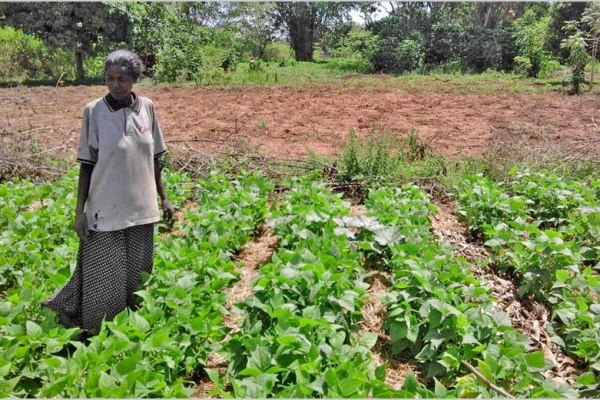Climate change is one of the world’s most pressing challenges. Human emissions of greenhouse gases – carbon dioxide (CO2), nitrous oxide, methane, and others – have increased global temperatures by around 1℃ since pre-industrial times. A changing climate has a range of potential ecological, physical and health impacts, including extreme weather events (such as floods, droughts, storms, and heatwaves); sea-level rise; altered crop growth; and disrupted water systems.
Global Statistics
- Global average temperatures have increased by more than 1℃ since preindustrial.
- CO2 concentrations in the atmosphere are now well over 400ppm – their highest levels in over 800,000 years.
- Globally we emit over 36 billion tonnes of CO2 per year – this continues to increase.
- There are large differences – more than 100-fold – in per capita CO2 emissions between countries.
- Today, China is the world’s largest CO2 emitter – accounting for more than one-quarter of emissions. This is followed by the USA (15%); EU-28 (10%); India (7%); and Russia (5%).
- The USA has contributed most to global CO2 emissions to date, accounting for 25% of cumulative emissions. This is followed by the EU-28 (22%); China (13%); Russia (6%) and Japan (4%).
- A large amount of CO2 is embedded in traded goods – this means some countries’ emissions increase while others decrease when we look at
RESOURCES
Creation Care in the African Context
Anglican Communion Environmental Network





